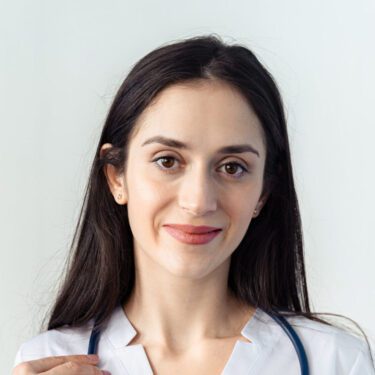Exploring the Impact of Varicose Veins on Sleep and Comfort
Are you experiencing more and more pain and discomfort, especially when you sleep? Restlessness at night can be related to your varicose veins, and can also be related to certain diseases that can worsen over time. Seeking a varicose vein doctor should be your next move, and United Vein & Vascular Centers can help.
With locations all across the United States, we strive to provide the necessary treatment options for your varicose veins, and subsequent medical issues. With many minimally invasive procedures available, you will be back on your feet in no time!
How Varicose Veins Affect Your Sleep Quality
According to the Centers for Disease Control and Prevention (CDC), about 70 million Americans suffer from chronic sleep problems. This can range from many different conditions, such as insomnia or sleep apnea. Two of the eighty most common causes of chronic sleep deprivation include restless leg syndrome (RLS) and sleep or night leg cramps. Constantly having to deal with a restless or fitful night can prove highly detrimental to your health, and shouldn’t wait to be discussed with your varicose vein doctor.
Understanding Nighttime Restlessness and Varicose Veins
Taking a deeper dive into leg cramps and RLS, these conditions can lead to a very unrestful night, which can negatively impact how well you can focus and get through the day. Most leg cramps are commonly referred to as a charley horse, and can be quite painful. These cramps are due to a sudden, uncontrollable muscle cramp somewhere on your leg. Usually the easiest way of soothing this muscle is to get up and walk it off, while massaging or stretching the muscle until it relaxes. This is much easier said than done, as when the cramp first arrives, it’s quite difficult to move or focus on much else than the tense muscle.
Restless leg syndrome, on the other hand, is often characterized by an overwhelming urge to move your legs, causing uncomfortable sensations. RLS is considered a sleep disorder since the symptoms are the most severe during the night, while lying in bed. RLS often worsens throughout the day, moving into the late evening and early morning hours, especially when it’s associated with poor vein circulation or venous insufficiency.
Identifying the Link Between Varicose Veins and Sleep Disruption
When there is abnormal venous circulation in the legs, this can cause a venous insufficiency and in turn, cause leg cramps and restless leg syndrome. And if you are also experiencing varicose veins, this can increase your chances of leg cramps and RLS, since the venous insufficiency will present symptoms such as heaviness, aching and fatigue. The occasional leg cramp can be the cause of something minor, such as dehydration or overextending your muscles during a workout, but if they are increasing in frequency or are in combination with RLS and other varicose vein or blood circulation problems, you should talk to your varicose vein doctor to make sure there are not any underlying medical issues going on.
With RLS, the more standing or sitting you are doing throughout the day, the worse the symptoms will become. When you first awake the next day, it can feel as if your symptoms have diminished or disappeared, but that is not often the case as the tingling and crawling sensations will be back shortly. The good news, though, is that treatment is available for most if not all of these medical issues. Talking with your doctor can give you a clear idea of the options available to you, and whether you have any underlying vascular or vein insufficiencies that also need to be addressed.
Get Expert Help for Varicose Veins and Sleep Issues
Take charge of your health by contacting United Vein & Vascular Centers. Located throughout the US, we are ready to assist you in getting the minimally invasive treatment you deserve in order to get back onto your feet and living life. Don’t let restlessness at night control your life during the day, call us today!

